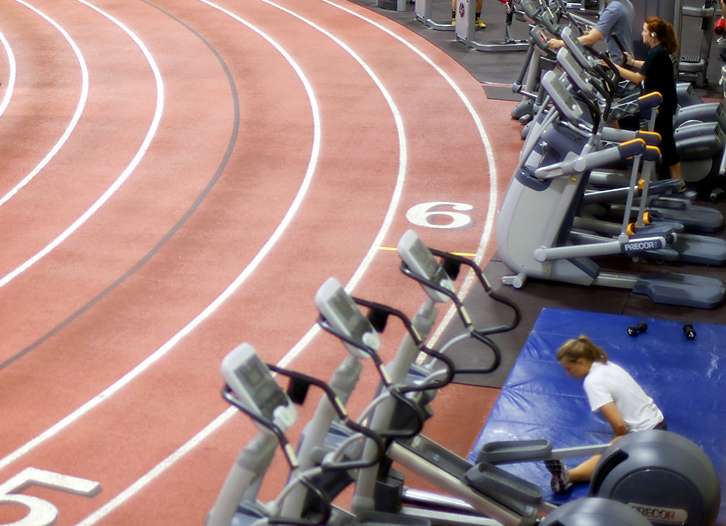Review indicates where cardio benefits of exercise may lie

Everyone knows that exercise generally helps the cardiovascular system, but much remains unknown about how the benefits arise, and what to expect in different people who exercise to improve their health. To gain a more precise understanding of how exercise improves health and whom it helps most, researchers analyzed the results of 160 randomized clinical trials with nearly 7,500 participants. The review appears open access in the Journal of the American Heart Association.
"Our meta-analysis is one of the first studies to systematically and comprehensively evaluate the effectiveness of exercise interventions in affecting various health outcomes," said lead author Xiaochen Lin, a doctoral student in the Brown University School of Public Health. "Because the exact mechanisms linking exercise to intermediate health outcomes are not clear, we also wanted to examine the effects of exercise on intermediate biomarkers that may potentially mediate the cardioprotective effects of exercise."
By looking at the reported benefits of exercise across all the studies, the authors found nuances that could be important to doctors and their patients as they consider whether to embark on exercise interventions.
"Based on our findings, exercise interventions are not universally effective across different intermediate outcomes and subgroups of participants," said corresponding author Dr. Simin Liu, a Brown professor of epidemiology and of medicine. "Even though exercise may benefit most people under most circumstances, it does not mean that the same exercise program or therapy should be prescribed to everyone."
For example, the researchers found that for some of the measures the studies tracked, men often benefitted more than women, people under 50 benefitted more than people over that age, and people with either type 2 diabetes, hypertension or hyperlipidemia benefitted more than people with none of those conditions. This finding included the review's main clinical indicators of cardiorespiratory fitness (CRF), which measures how well the heart and lungs deliver oxygen to the muscles during physical activity. CRF is a strong predictor of cardiovascular disease (CVD), Liu said.
A key implication from the findings may be that while exercise appears to affect total cholesterol, lowering "bad" LDL cholesterol for at least some people and raising "good" HDL for most, "the proportion of CVD risk that could have been reduced by exercise via effects on total cholesterol and LDL cholesterol is much lower than what has been observed previously." Instead, the researchers note, some of the significant benefits of exercise appear to lie in reducing insulin resistance and inflammation based on how those biomarkers performed in the studies.
Liu said that while the review confirms wide-ranging benefits of exercise, it's still just one of the levers doctors and patients should consider manipulating.
"Besides exercise there are many modifiable lifestyle factors that could be the potential target of interventions for cardiometabolic health," he said. "If a subgroup of people cannot benefit from exercise, other alternatives should be considered. That's one of the most important implications of evaluating the heterogeneity of exercise interventions."
More information: Journal of the American Heart Association, jaha.ahajournals.org/content/4/7/e002014.long


















